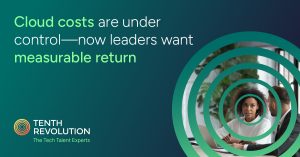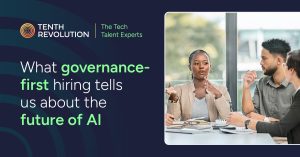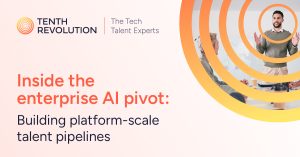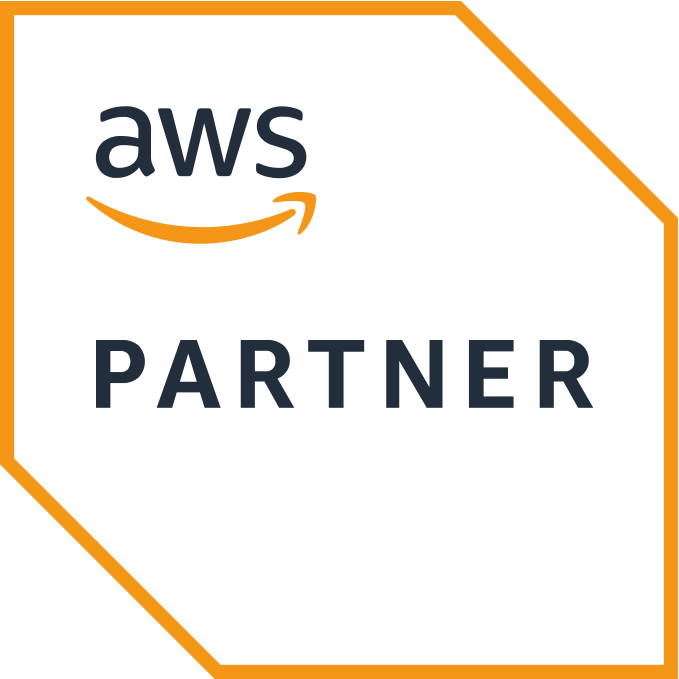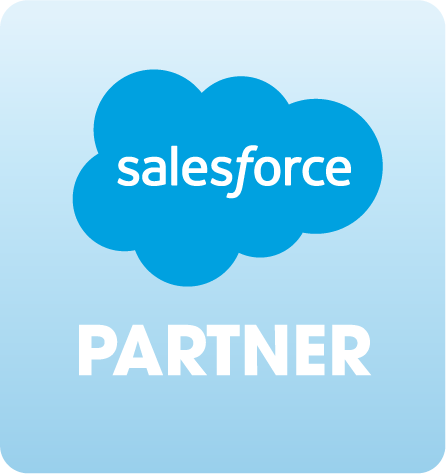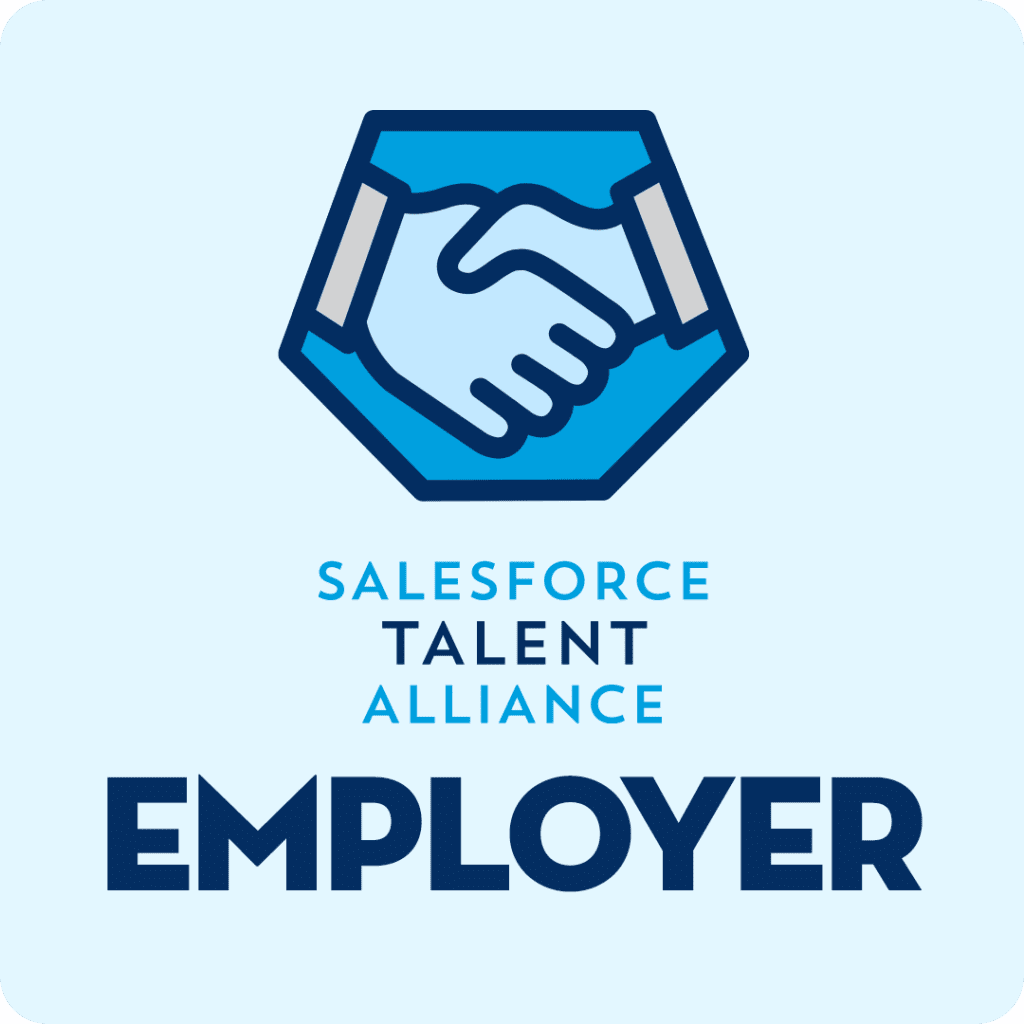AI adoption has entered a new phase where compliance and accountability are just as critical as innovation.
Enterprises that once focused solely on speed are now prioritizing safety, transparency and regulatory alignment. This governance-first mindset is reshaping how AI teams are built, which skills are in demand and what leadership looks like in data-driven organizations.
The rise of regulation-first AI strategies
New global standards, from the EU AI Act to U.S. and Asia-Pacific frameworks, are creating accountability requirements for AI systems. Enterprises now need to prove that their models are fair, explainable and secure. This shift has moved governance from an advisory concern to a central business function.
To meet these expectations, organizations are creating roles that combine legal, technical and ethical expertise, including:
- AI governance lead
- Responsible AI officer
- Data privacy architect
- Model risk manager
- Compliance-focused ML engineer
These professionals ensure that systems meet both ethical and legal standards, while still supporting innovation. Tenth Revolution Group connects enterprises with AI and governance professionals who understand how to embed compliance within scalable, high-performing AI teams.
Why governance now defines AI maturity
Governance-first hiring signals the next stage of AI maturity. Enterprises that take compliance seriously gain a competitive edge by reducing risk, improving trust and accelerating deployment. The most advanced organizations now measure success not just by model accuracy or cost savings, but by governance metrics like:
- Data lineage and traceability
- Model explainability and fairness
- Audit readiness and transparency
- Adherence to emerging AI risk frameworks
These standards build confidence among customers, regulators and investors. When AI systems are explainable and defensible, adoption increases across the business.
Forward-thinking leaders are hiring professionals who can balance innovation with oversight. Tenth Revolution Group helps organizations find Cloud, Data and AI talent capable of integrating governance principles without slowing technical progress.
Building teams for responsible AI
Creating responsible AI infrastructure requires collaboration across departments. Legal, compliance and engineering teams must now work together to monitor data inputs, assess model bias and enforce usage policies.
Enterprises that succeed in this integration often follow these steps:
- Define clear accountability. Assign ownership for data ethics, risk management and compliance.
- Develop governance frameworks. Map how data is collected, used and stored across all AI models.
- Hire multidisciplinary talent. Blend technical specialists with legal and policy expertise.
- Implement continuous oversight. Use dashboards and evaluation pipelines to track bias and drift.
- Promote transparency. Document model performance and decisions to maintain audit readiness.
These practices turn governance into a growth driver rather than a constraint. By embedding accountability into design, leaders ensure AI development aligns with evolving regulatory expectations.
The governance advantage
Enterprises that approach AI governance as a foundation, not a feature, are setting new industry standards. Regulation-first thinking creates more trustworthy systems and more capable teams. It also opens the door to faster innovation, because well-governed environments reduce risk and simplify compliance approvals.
For executives, this marks the next evolution of AI maturity. Governance-first hiring creates organizations that can innovate confidently, scale responsibly and lead with integrity.


